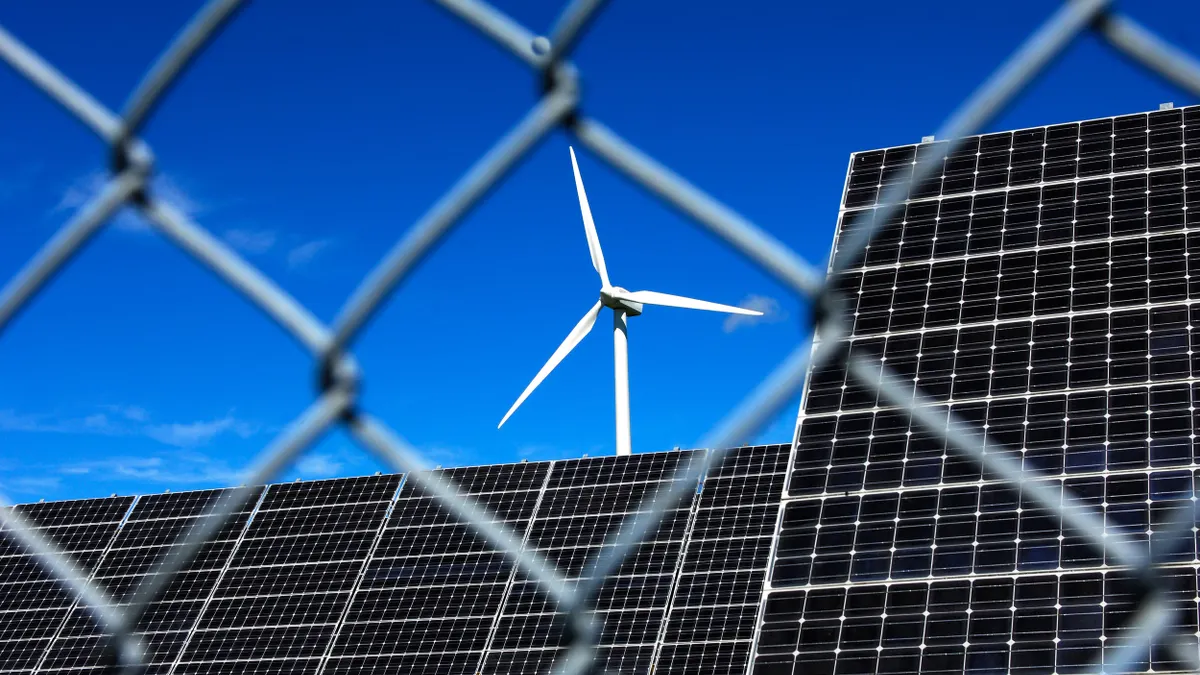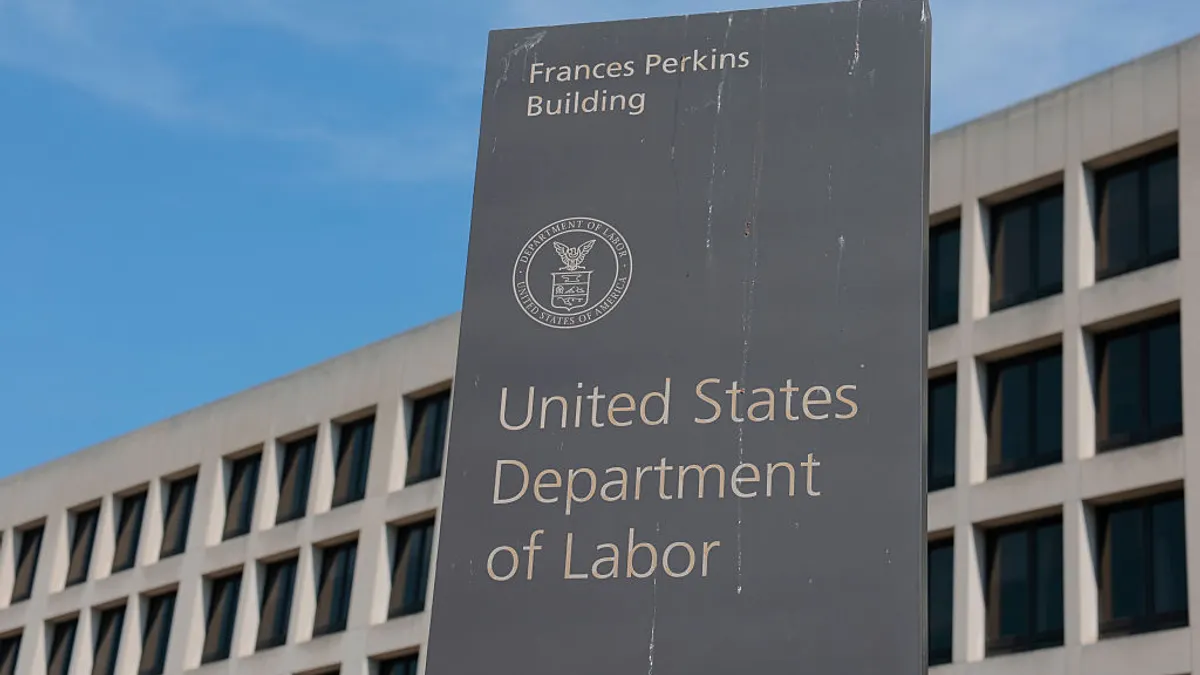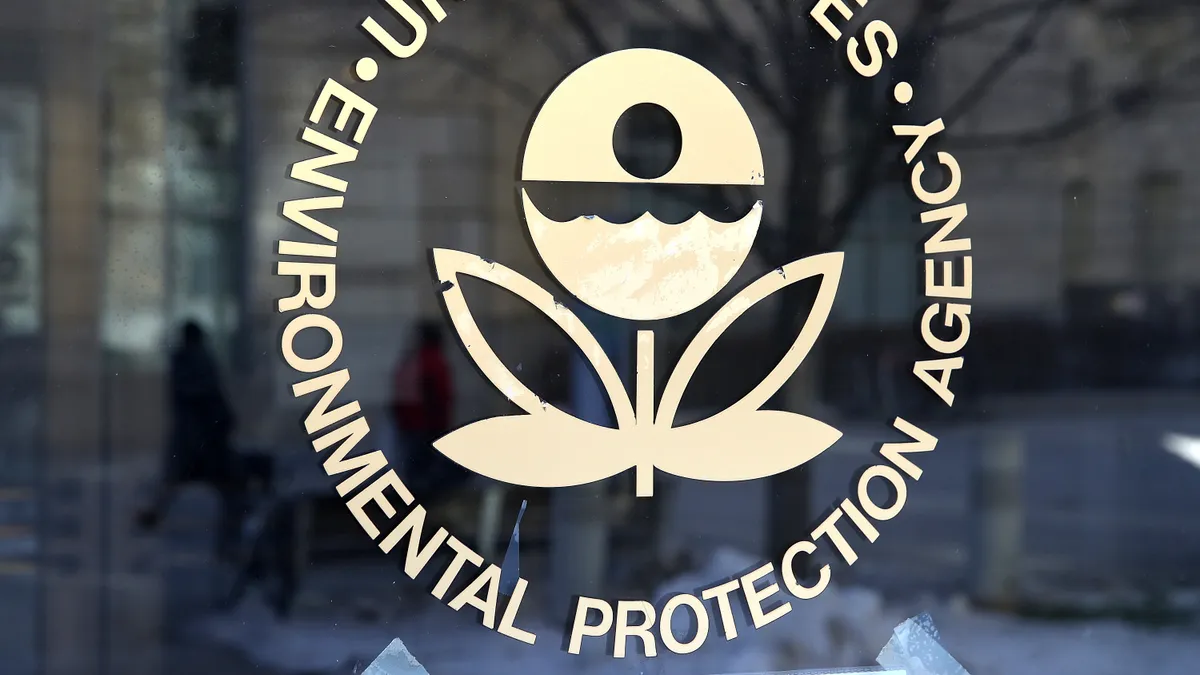Republicans in the House of Representatives unveiled their budget proposal this week, which seeks to cut Inflation Reduction Act funding while protecting and expanding industry-friendly tax rates and expenses.
Regarding specific industry-related tax policies, the House Committee on Ways and Means proposal focuses on allowing manufacturers to fully and immediately expense more activities.
The committee's proposal would reinstate a 100% bonus depreciation for “production property,” including properties used for manufacturing, production or refining. Property placed in service between Jan. 19, 2025, and before Jan. 1, 2030, would qualify.
It would also allow immediate amortization for research and development expenditures that occurred after Dec. 31, 2024, and before Jan. 1, 2030. And on the pass-through deduction for small businesses, the proposal would raise the deduction from 20% to 23%.
The National Association of Manufacturers praised the policy proposals, claiming it would help small businesses in the industry grow.
“For the 96% of manufacturers that are organized as pass-through businesses, this bill is more than policy—it’s a path to growth,” NAM President and CEO Jay Timmons said in a statement. “It means the ability to buy equipment, hire workers, increase pay and expand operations with greater certainty and confidence.”
The proposal maintains the 21% corporate tax rate as passed in the 2017 Tax Cuts and Jobs Act. The Joint Committee on Taxation estimates the House Ways and Means proposal would cost $3.8 trillion over 10 years.
The Ways and Means Committee passed its portion of the budget proposal on Wednesday, following an all-night session. The proposal will now go before the House Budget Committee for a markup session on Friday morning.
Proposal would axe IRA clean energy tax credits
The Ways and Means proposal would scale back clean energy production tax credits once thought lucrative by manufacturers, as well as clean energy tax credits.
The proposal would repeal the $7,500 clean vehicle tax credit after 2026, an incentive that helped drive many electric vehicle manufacturers to invest billions of dollars in domestic factories to ensure their inventory qualified.
It would also phase-out and eventually end multiple clean energy production tax credits. The proposal would begin phasing out the clean energy production and development 48E and 45Y tax credits in 2028, ending them completely after 2031.
The committee's proposal would phase out the 45X advanced manufacturing production tax credit a year earlier than planned, meaning that manufacturers have until the end of 2031 to claim the credit.
The tax credits would also now be subject to expanded definitions of “foreign entities of concern,” which bars components that originate from countries such as China from qualifying for the credits. The proposal restricts tax credit eligibility if the taxpayer is a specified foreign entity or if a certain percentage of the credited activity, such as production, would go to a prohibited foreign party.
Together, these rollbacks would diminish much of the power of the IRA's tax credits and the ways in which it has incentivized manufacturers to invest in domestic clean energy production.
Environmental nonprofit groups condemned the proposal, with the National Resources Defense Council comparing it to taking a “sledgehammer” to clean energy tax provisions needed to grow the sector.
“This bill would pull the rug out from under one of the most dynamic parts of the American economy. These tax credits have helped deliver billions of dollars in new investments in homegrown American energy,” Christy Goldfuss, executive director of NRDC, said in a statement. “At a time when electricity demand is skyrocketing, this is the exact opposite of what is needed and what was promised.”
Lawmakers are already sparring over the proposed cuts. In markup hearings this week, Democrats argued the cuts would raise energy prices and hurt developers, while some Republicans pushed for careful rollbacks, given that many IRA-related projects have benefited their districts.
Other Republicans called the cuts necessary in order to get rid of spending waste spurred by the law.






















